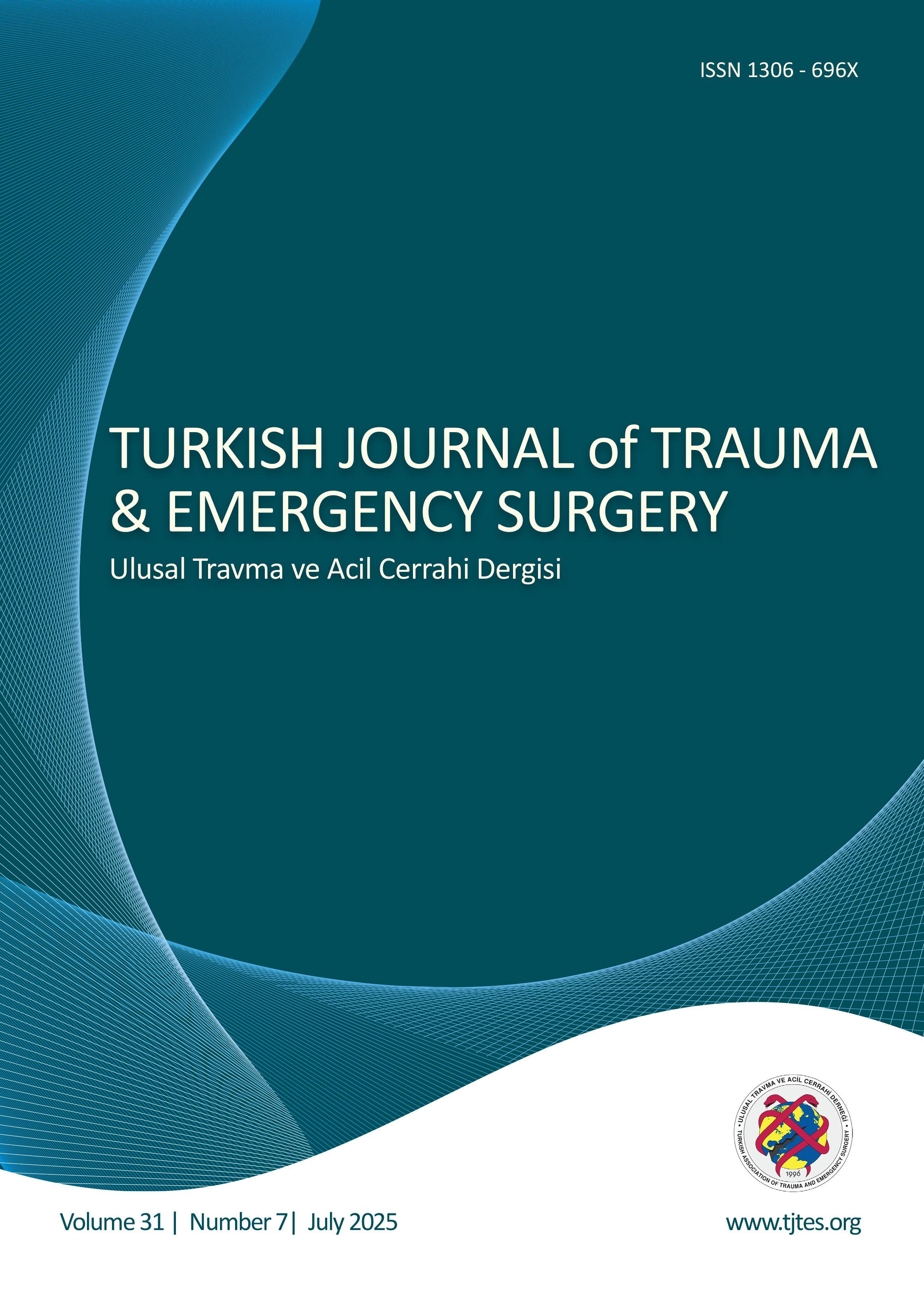Hızlı Arama
RATLARDA LİPOPOLİSAKKARİD VE LİPOTEİKOİK ASİT İLE OLUŞAN KARACİĞER HASARINDA L-ARGİNİN VE NG- NİTRO-L-ARGİNİN METİLESTER'İN ETKİSİ
Atilla Engin1, Osman Kurukahvecioğlu2, Neslihan Bukan3, Ayşe Dursun41Gazi Üniversitesi Tıp Fakültesi Genel Cerraihi Anabilim Dalı, Ankara, Turkey2Ankara Onkoloji Hastanesi Dördüncü Cerrahi Kliniği, Ankara, Turkey
3Gazi Üniversitesi Tıp Fakültesi Biyokimya Anabilim Dalı, Ankara, Turkey
4Gazi Üniversitesi Tıp Fakültesi Patoloji Anabilim Dalı, Ankara, Turkey
THE EFFECTS OF L-ARGININE AND NG-NITRO-L-ARGININE METHYLESTER ON LIPOPOLYSACCHARIDE AND LIPOTEICHOIC ACID INDUCED LIVER INJURY IN THE RAT
Atilla Engin1, Osman Kurukahvecioğlu2, Neslihan Bukan3, Ayşe Dursun41Gazi Üniversitesi Tıp Fakültesi Genel Cerraihi Anabilim Dalı, Ankara, Turkey2Ankara Onkoloji Hastanesi Dördüncü Cerrahi Kliniği, Ankara, Turkey
3Gazi Üniversitesi Tıp Fakültesi Biyokimya Anabilim Dalı, Ankara, Turkey
4Gazi Üniversitesi Tıp Fakültesi Patoloji Anabilim Dalı, Ankara, Turkey
Background: Whether nitric oxide (NO) protects or impairs the liver function and structure during the early phase of sepsis is still controversial. The aim of this study is to evaluate the effect of NO on lipopolysaccharide (LPS) or lipoteichoic acid (LTA) induced liver injury in rats.
Methods: One hundred twenty-six Wistar rats were assigned randomly and equally to LTA and LPS groups. Each group was divided into three subgroups which received saline, L-Arginine (L-Arg) or NG-nitro-L-arginine methylester (L-NAME) consecutively, one hour prior to either 5 mg/kg LPS or 3 mg/kg LTA injection. Plasma nitrite plus nitrate [NOx] were measured.
Liver injury was assessed by measuring the rises in circulating liver enzymes and by scoring the extent of liver necrosis.
Results: Administration of L-NAME+LPS not only reduced [NOx] production but also enhanced liver damage. LNAME+ LTA caused an increase in the plasma levels of [NOx] (p=0.0006), and produced sinusoidal enlargement in liver.
L-Arg protected the hepatocytes against LPS injury, whereas, enhanced the liver damage in the LTA group.
Conclusion: Our data indicated that overproduction of NO exerts detrimental effect on LTA-treated rats while providing a protective function in LPS group.
Makale Dili: Türkçe




